Sudan
International Criminal Court (ICC) Chief Prosecutor Fatou Bensouda, reiterated her call for states to arrest and surrender the suspects of alleged genocide, war crimes and crimes against humanity committed in Sudan’s Darfur region, including President, Omar Al Bashir.
While addressing UN Security Council on Thursday, Bensouda said impunity was blocking efforts on Darfur war crimes probe.
“Not one of the suspects for whom arrest warrants have been issued has been arrested and transferred to the International Criminal Court. Let us not forget, these men stand accused of multiple charges for some of the world’s most serious crimes as foreseen under the Rome Statute.”
She also pointed out that despite a warrant of arrest being issued to president Al Bashir in 2009, so far no state has arrested him.
“Most recently, Mr. Al Bashir travelled to Jordan on March 29 2017. Despite being reminded by the registry of its obligations to arrest and surrender Mr. Al Bashir, regrettably Jordan declined to do so.”
She said a pre-trial chamber of the Court plans to decide whether South Africa acted in non-compliance with the Statute when it failed to arrest and surrender Al Bashir in June 2015.
Bensouda noted that to date, the Court has made 13 decisions on non-compliance and referred them to the Security Council. “Yet not one has been acted upon by this Council,” she said.
The Security Council asked the Hague-based Court to investigate war crimes in Darfur in 2005.
Killings in Darfur began in 2003 and the UN estimates that at least 300,000 people have been killed and 2.5 million displaced by the fighting.




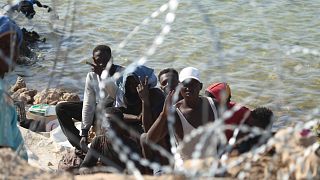
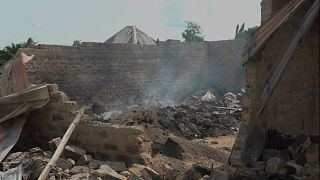
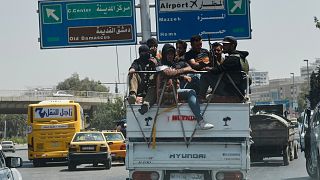
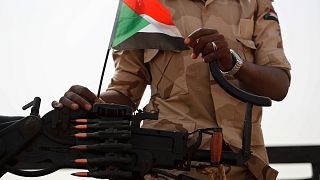

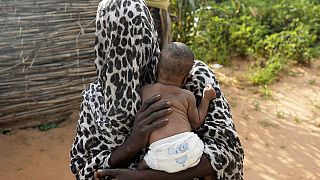

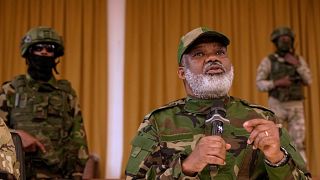
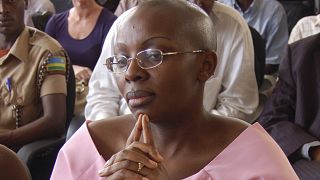
Go to video
"Enough Is Enough": Liberians protest for justice, jobs, and accountability
01:09
Liberian president issues official apology to civil war victims
00:58
Cash crunch stalls UN probe into possible war crimes in DR Congo
01:32
Five humanitarian workers killed in Sudan after attack on aid convoy
00:59
Kony Case: ICC hearing over Ugandan rebel leader to proceed in absentia
01:20
DRC: M23 rebels executed at least 21 civilians in Goma, Human Rights Watch says